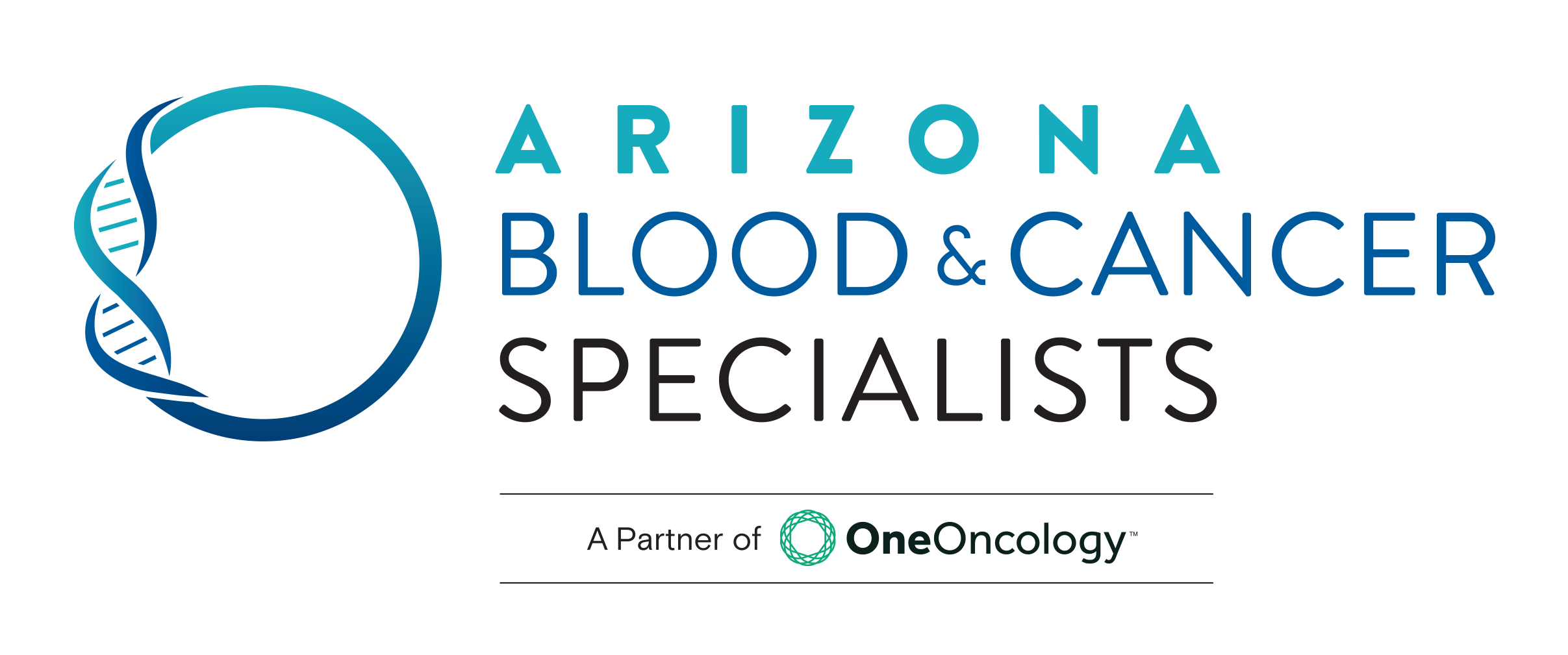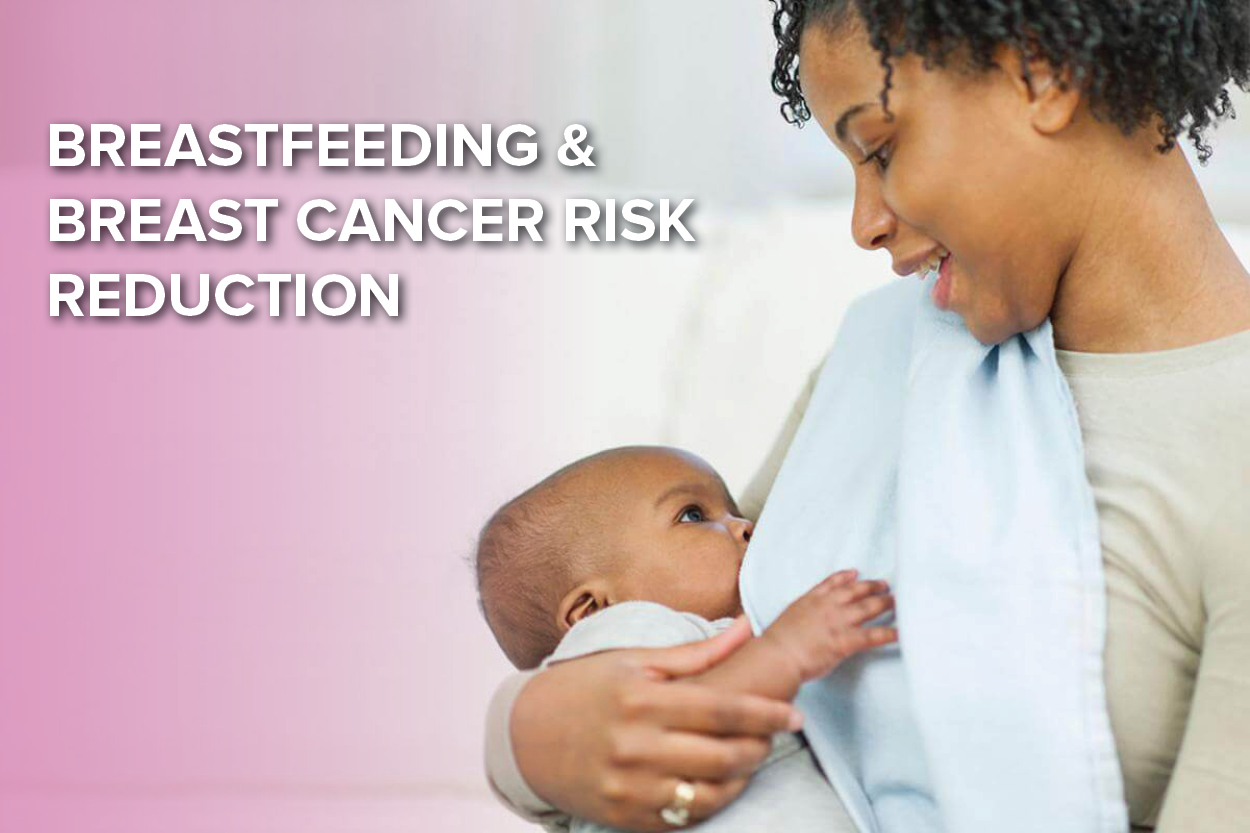Does Breastfeeding Really Reduce Breast Cancer Risk?
Yes, there is evidence to suggest that breastfeeding can reduce the risk of breast cancer in women.
We all know the benefits of breastfeeding for your baby. But did you know breastfeeding also has advantages for you too? Mothers who breastfeed reduce their risk of breast cancer by 4.3% for every 12 months of breastfeeding, which is in addition to the 7.0% decrease in risk observed for each birth. Breastfeeding has been shown to primarily reduce the risk of Triple‐Negative Breast Cancer (20%) as well as in carriers of BRCA1 mutations (22–50%). Women with a family history of breast cancer should particularly be supported to breastfeed as a way of reducing their cancer risk.
Why Does Breastfeeding Reduce the Risk of Breast Cancer?
Breastfeeding is closely linked to a reduced risk of estrogen receptor-negative (including triple negative) breast cancers compared to estrogen receptor-positive cancers. Apart from hormonal influences, breastfeeding encourages healthier lifestyles in women. Nursing mothers tend to watch their diets more closely, opting for more nutritious foods while abstaining from smoking and excessive alcohol consumption, contributing to an overall lower risk of breast cancer.
Many women may wonder about breast cancer during breastfeeding or pumping. While breast cancer can develop at any stage of life, including during breastfeeding, there's no known increase in risk during this time. Breastfeeding mothers are often more attuned to changes in their breasts and may be more likely to notice potential warning signs of cancer. Always discuss any concerns or changes with a healthcare professional.
Breast Screenings
The safety of breast screening, such as mammograms, is a common concern for breastfeeding women. According to the American College of Radiology Appropriateness Criteria®, mammography and digital breast tomosynthesis screening (3D mammography) are generally considered safe and appropriate for breastfeeding women. However, increased breast tissue density during breastfeeding may make it slightly more challenging to detect abnormalities. Your doctor may recommend nursing or pumping immediately before the procedure to optimize results.
Breastfeeding and Breast Cancer Treatment
Some breast cancer treatments can be passed on to the nursing baby through breast milk, making breastfeeding during chemotherapy or specific oral treatments, like tamoxifen, not recommended. If you want to breastfeed, talk to your doctor. They can tell you whether it’s safe, based on your treatment.
If you can’t breastfeed, don’t stress! The best way to reduce your risk is by being physically active, eating a healthy diet and keeping up with your cancer screening exams.


